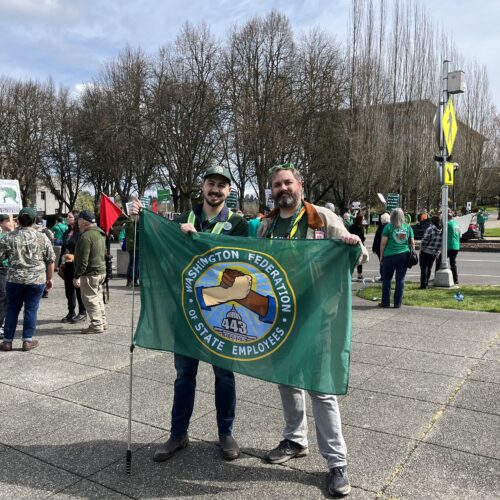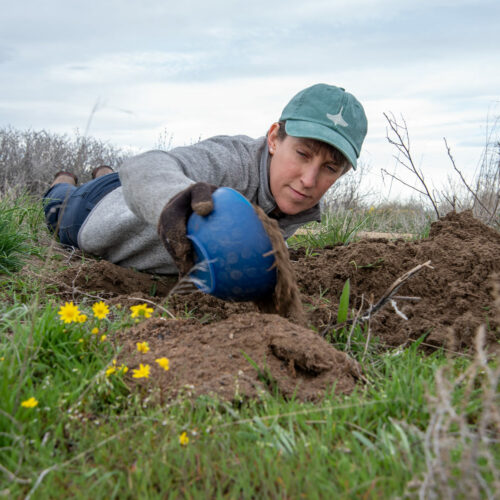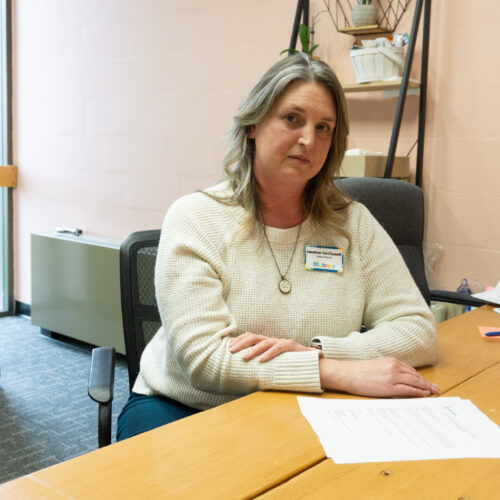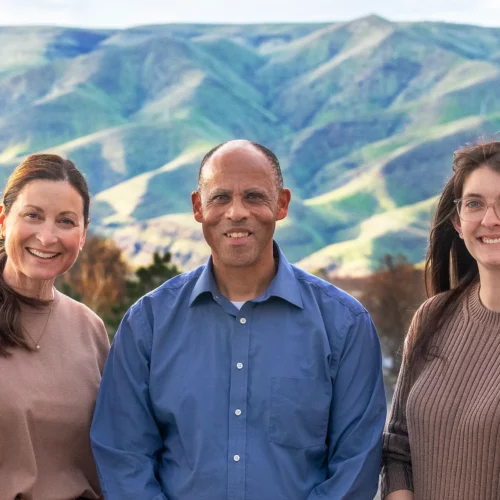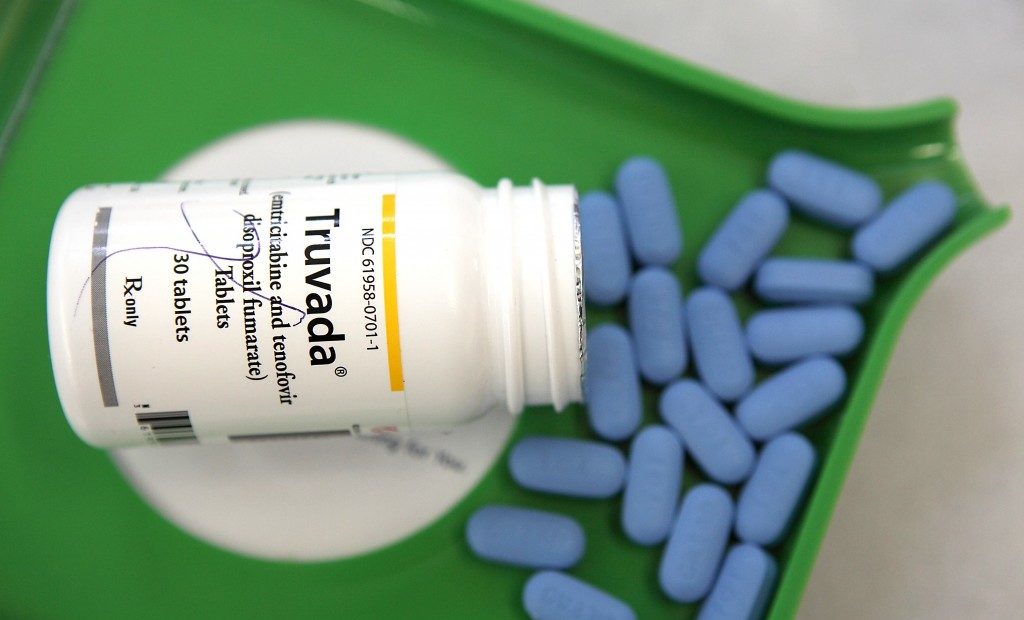
What Federal PrEP Drug Plan For Uninsured Americans Means For The Spread Of HIV
BY JASON KANE / PBS NEWSHOUR
Top HIV/AIDS researchers and public health advocates say the Trump administration’s new deal to provide uninsured Americans with free drugs to prevent HIV infection is a promising step in America’s fight against AIDS. But actually reaching the very people most in need of the medication — like men who have sex with men and people who use injection drugs — and convincing them to take it, will be a bigger challenge.
The Trump administration announced last week it reached a deal with Gilead Sciences — the maker of Truvada, the only FDA-approved drug to prevent HIV infection — to donate enough pills to treat 200,000 low-income patients for up to 11 years.
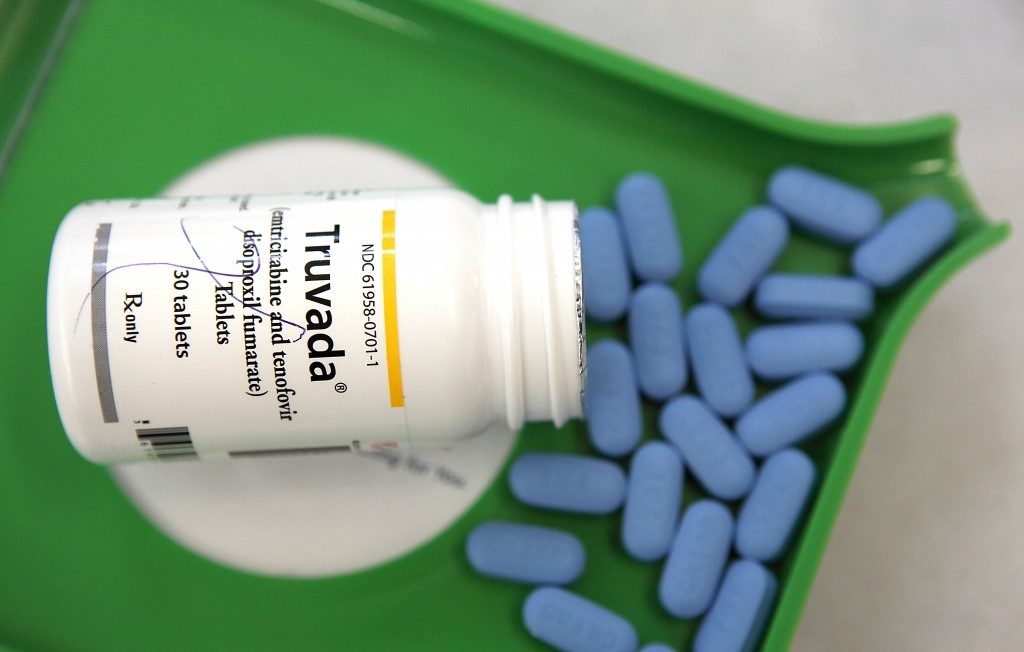
Truvada is the only FDA-approved drug to prevent HIV infectionCREDIT: Justin Sullivan/Getty Images
The agreement with Gilead will provide the pre-exposure prophylaxis, or PrEP, to uninsured individuals at high-risk for HIV. That includes people in states and counties identified as “priority areas” in President Donald Trump’s blueprint, announced in February, to end the HIV/AIDS epidemic in the next decade.
Science has shown that the world now has the tools to end the HIV/AIDS epidemic — including widespread testing, universal treatment of those living with the virus (which makes it virtually impossible for them to pass the virus to others), and the use of PrEP among the groups most at-risk of contracting HIV. These interventions have been shown to drastically decrease HIV transmission rates — perhaps even enough to bring the epidemic to a halt by 2030, according to UNAIDS, the United Nation’s AIDS advocacy wing.
Yet according to recent estimates from Gilead, only about a fifth of the million Americans most at risk of contracting HIV are taking PrEP — about 200,000 total.
“We believe that PrEP can help achieve the national goal of ending the HIV epidemic in the U.S. by 2030, and we are committed to providing access to all people in need,” a Gilead spokesman told the NewsHour. “This donation is just one example of an innovative approach to expanding access to the preventive medication.”
The company said the deal was first proposed in the course of routine conversations with the U.S. Centers for Disease Control and Prevention.
Barriers to accessing this crucial drug are particularly high in the American South.
Robin Lewy, who runs the Gainesville, Florida-based Rural Women’s Health Project, said the government’s drug agreement is “an excellent opportunity for us in the South to have PrEP available to lower-income and uninsured individuals.” The fact that Gilead is making this commitment through 2030 means that there is an opportunity for there to be an impact in the reduction of HIV transmission, she said, “if the rollout is well-thought-through.”
But rampant stigma and even violence against people living with HIV remains a daily reality in many parts of the U.S. And that keeps people from testing, let alone seeking access to a daily prevention pill.
To Lewy, a successful PrEP program would “continue the hard work of addressing stigma and health inequities such as racism, xenophobia and poverty” and will “require collaboration between community partners and providers.”
“To get this medication into the hands of those who can benefit most means we will need to have many intimate discussions with community members and those living with HIV,” she said.
Offering free PrEP to 200,000 patients will make an especially big difference for low-income patients given Truvada’s price tag: $20,000 per year in the U.S. In developing countries, that price is about $60 per year.
Wendy Armstrong, an infectious disease expert based in Atlanta, said she applauds efforts to increase access to PrEP, but “ultimately this is a drop in the bucket when considering the number of people for whom PrEP would be beneficial. Far more meaningful would be a substantial drop in price for the drug given the potential impact on public health.”
Gilead is expected to release a generic, less-expensive version of Truvada next year. But it’s also working on a drug to replace it, called Descovy. Once that drug is approved, Gilead will transition the 200,000 patients receiving Truvada through this effort to the newer drug, which will be patent-protected for many years and also come with the same a steep price tag.
Critics of the company say Gilead is simply trying to build a long-term market for its new, patented products.But Gilead told the NewsHour that “less than one percent of people who are indicated for Truvada for PrEP have an unmet need for financial assistance.” The company said it has also spent many resources on the new drugs: roughly $1.1 billion on research and development related to Truvada, and, since 2000, more than $6 billion on HIV research and development overall.
Beyond cost, there are other hurdles for patients hoping to achieve the full benefits of PrEP, says Dr. Carlos del Rio, who runs the Global Health Department at Emory University’s Medical School and co-directs Emory’s Center for AIDS research. That’s especially true in states like Georgia that did not expand Medicaid for low-income individuals under the Affordable Care Act.
“There are a lot of barriers I see for my patients, a lot of transportation issues, access issues, distrust of the medical community,” del Rio said. “I wish [Health and Human Services] Secretary Azar had said that HHS will be paying for care for those patients, as well. The drugs may be free, but in a state like Georgia that didn’t expand Medicaid, there will still be a cost for care that will prevent people from receiving it.”
Another question that public health officials have raised is whether this program really offers anything new. The new Gilead donation is only for the uninsured, said Dr. Melanie Thompson, principal investigator of the AIDS Research Consortium of Atlanta. But “much of the uninsured population already has a mechanism for free access to Truvada” through its Advancing Access program for low-income people, Thompson said.
“From that perspective, this seems to just shift the uninsured from one Gilead donation program to another. We don’t know how many of the estimated 200,000 persons to be served annually will be those new to PrEP,” Thompson added.
Gilead did not comment when asked about these assertions.
The new program doesn’t help patients who do have insurance, who also can face challenges paying the high cost of the drug, Thompson said.
“For PrEP to fulfill its promise in our ‘ending the epidemic’ toolbox, we need to thank Gilead for its donation and continue to ask what else the company that profits from PrEP will do to reduce drug costs and truly expand access,” Thompson said.
Others say that, regardless of the limitations, there’s reason to celebrate. In Miami, Florida, Dr. Hansel Tookes, who treats people who use injection drugs at the only needle exchange program in the state of Florida, says the new resources will be welcomed.
“As an HIV physician in the South who works in the realm of prevention, I think that the donation of PrEP… is commendable,” Tookes said, picturing the hundreds of thousands of people it could protect. “I know Gilead has faced criticism for the hypothesized intent of the donation, but I can tell you on the ground in the South, those are people who I won’t have to treat one day for HIV. Access is a major barrier, and this donation is a move in the right direction.”
Copyright 2019 PBS NewsHour. To see more, visit pbs.org/newshour


